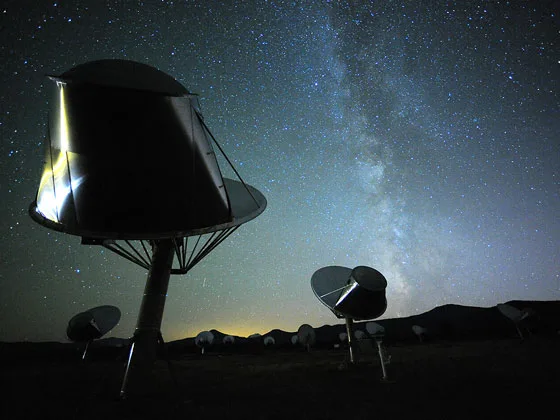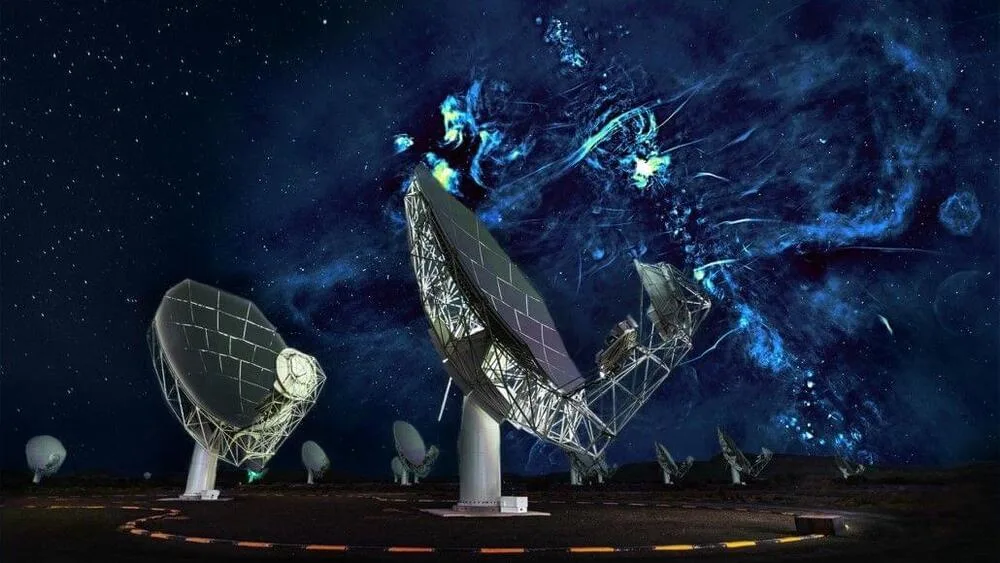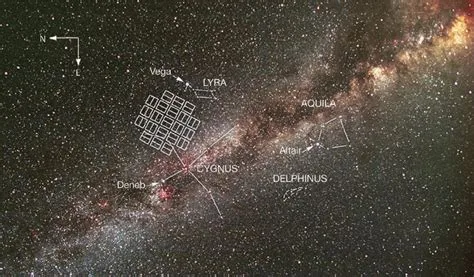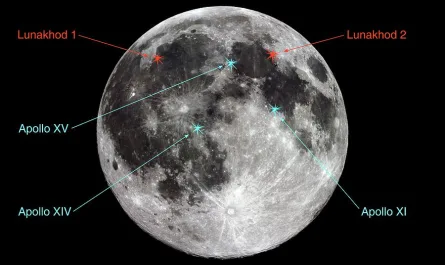The quest to determine whether we are alone in the universe is a profound scientific and philosophical endeavor. While definitive evidence of extraterrestrial life remains elusive, significant progress has been made in several key areas:
Exoplanet Discovery and Habitability

Advancements in astronomy have led to the identification of thousands of exoplanets—planets orbiting stars outside our solar system. Many of these exoplanets reside in the “habitable zone” of their stars, where conditions might allow liquid water to exist—a crucial ingredient for life as we understand it. This discovery suggests that potentially habitable worlds are common in our galaxy.
Search for Biosignatures

Astrobiologists are developing methods to detect biosignatures—indicators of life—in the atmospheres of exoplanets. Techniques such as spectroscopy allow scientists to analyze the chemical composition of exoplanet atmospheres, searching for gases like oxygen or methane that could signify biological activity. While no definitive biosignatures have been identified yet, ongoing research aims to refine these detection methods. More Detail: arxiv.org
SETI and Technosignatures

The Search for Extraterrestrial Intelligence (SETI) involves scanning the cosmos for signals or signs of advanced civilizations. This includes listening for radio signals and searching for technosignatures—indicators of technology such as artificial light or pollution in exoplanet atmospheres. Despite extensive efforts, no confirmed signals from intelligent extraterrestrial sources have been detected. More Detail: planetary.org
Exploration of Our Solar System

Closer to home, missions to planets and moons within our solar system continue to search for signs of life. For instance, NASA’s Perseverance rover is exploring Mars to study its geology and search for signs of ancient life. Similarly, missions to the icy moons of Jupiter and Saturn, such as Europa and Enceladus, aim to investigate subsurface oceans that might harbor microbial life. Detail: science.nasa.gov
Philosophical and Ethical Considerations

The search for alien life also raises profound philosophical and ethical questions. The discovery of extraterrestrial life would have significant implications for our understanding of life’s uniqueness and our place in the universe. It would challenge existing paradigms and potentially lead to new ethical considerations regarding the treatment and study of alien life forms.
In summary, while we have not yet found definitive evidence of extraterrestrial life, ongoing research across multiple scientific disciplines continues to explore this profound question. Each discovery brings us closer to understanding whether we are truly alone in the universe.


